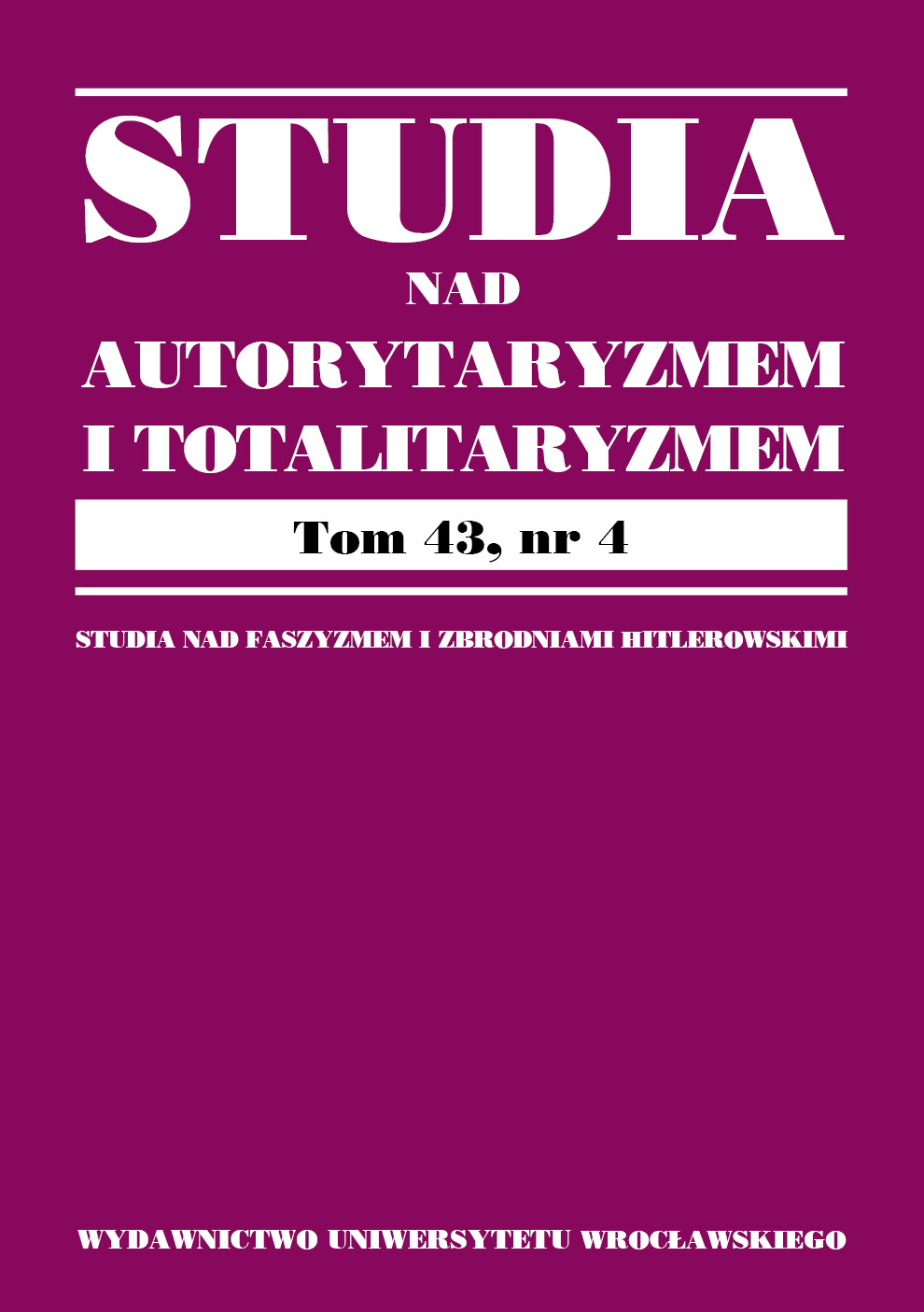

Artykuły

The idea of the moral neutrality of law is a characteristic element of liberal political and legal doctrines. This concept is also an element of constitutional principles regulating the limits of permissible legislative interference in the sphere of freedom. In such context, the bond linking it with the clearly defined axiology from which it derives is severed. The aim of this study is to consider to what extent the principle of the moral neutrality of law, being a principle affecting the activity of the legislator, retains its potential in identifying and limiting totalizing practices aimed at systematically limiting choices in the field of the concept of a good life and favouring a specific vision of the legal and political order in both spheres of human activity, individual and collective. The numerous variants of the moral neutrality of law formulated in political philosophy, and the distinctions between individual variants, in conjunction with the criticism of this concept, make it necessary to pay attention to whether this way of limiting totalizing practices is a good tool, resistant to the changing conditions. A review of critical arguments directed against the idea of neutrality leads to the conclusion that the weakening of the concept of the moral neutrality of law translates not only into its value in identifying and preventing totalizing practices, but also into weakening the protection of fundamental values, such as individual autonomy.